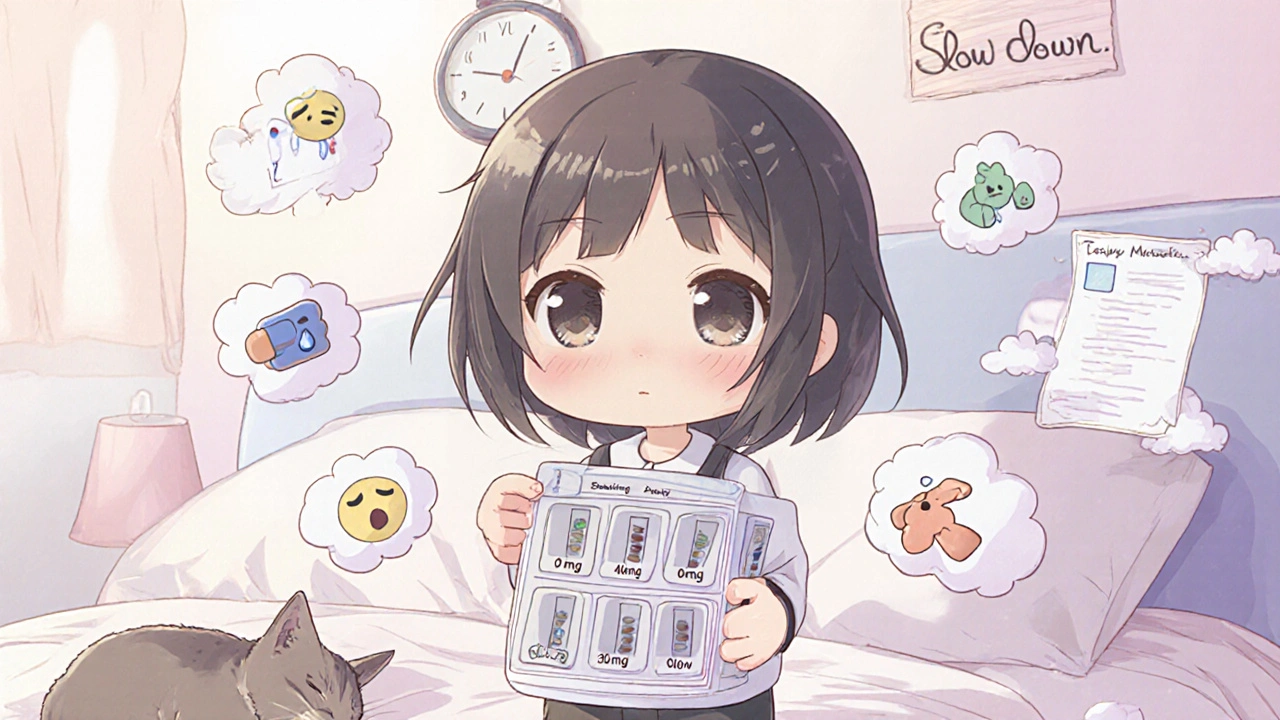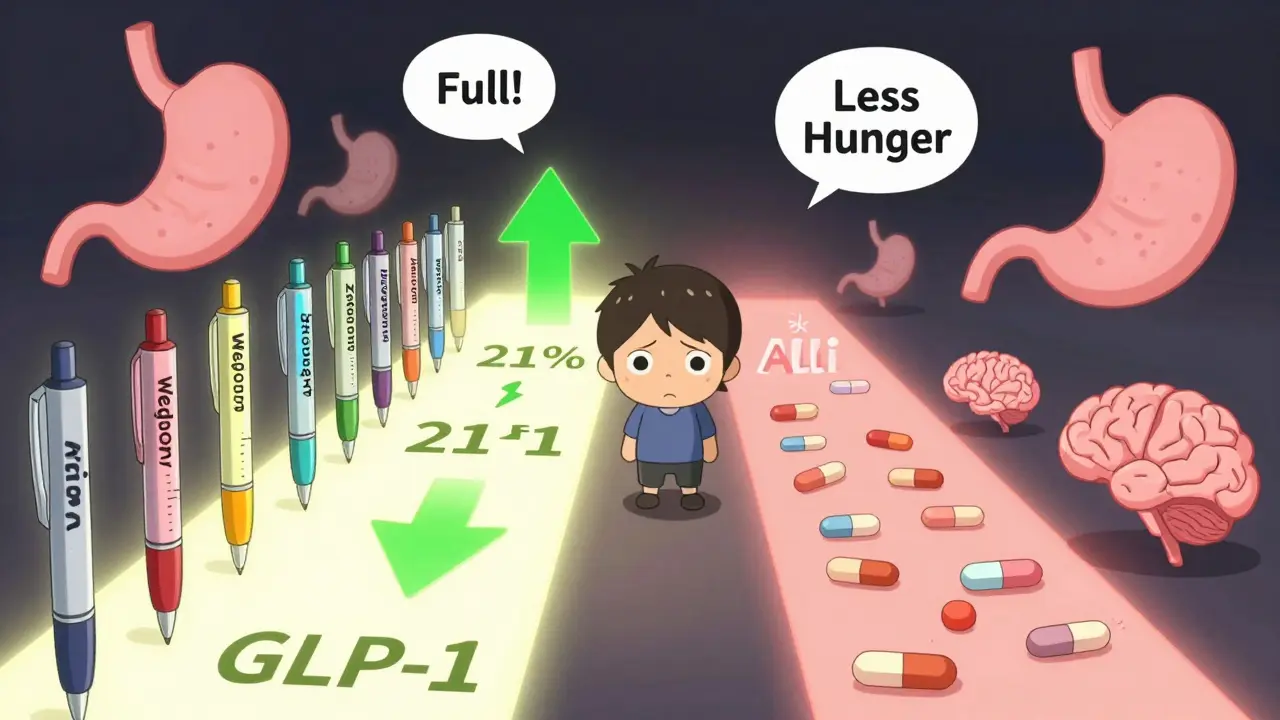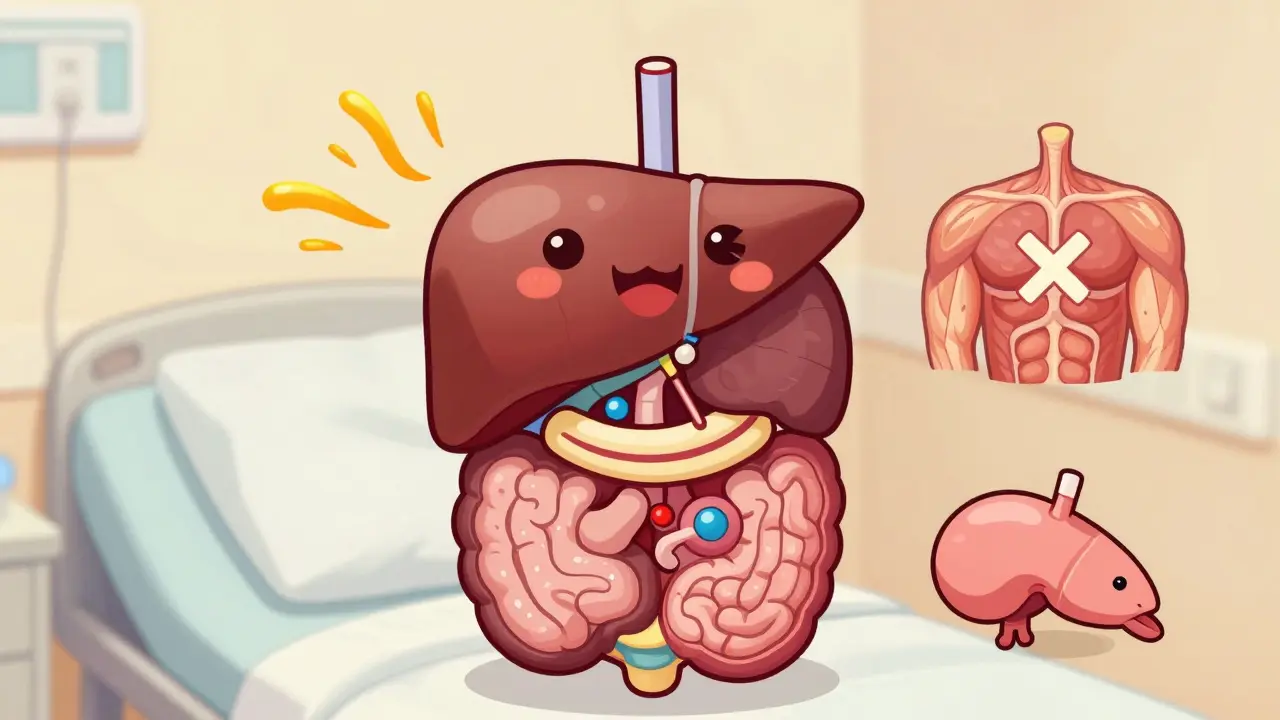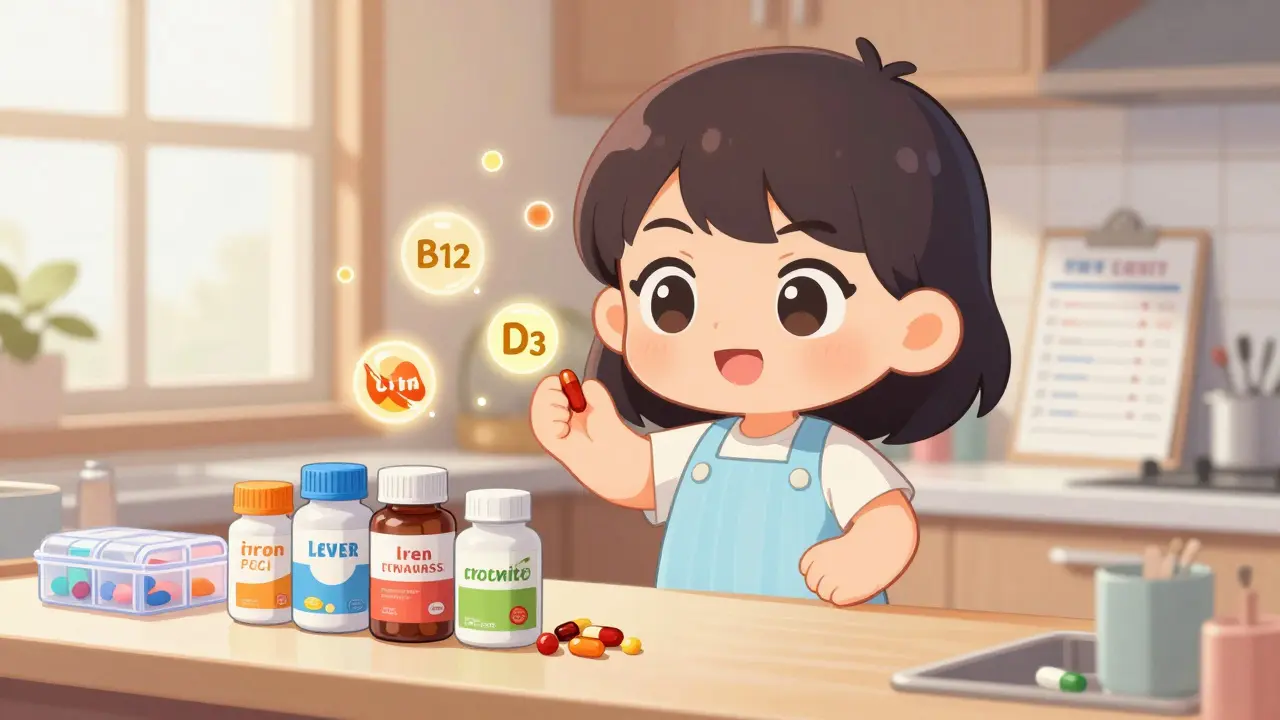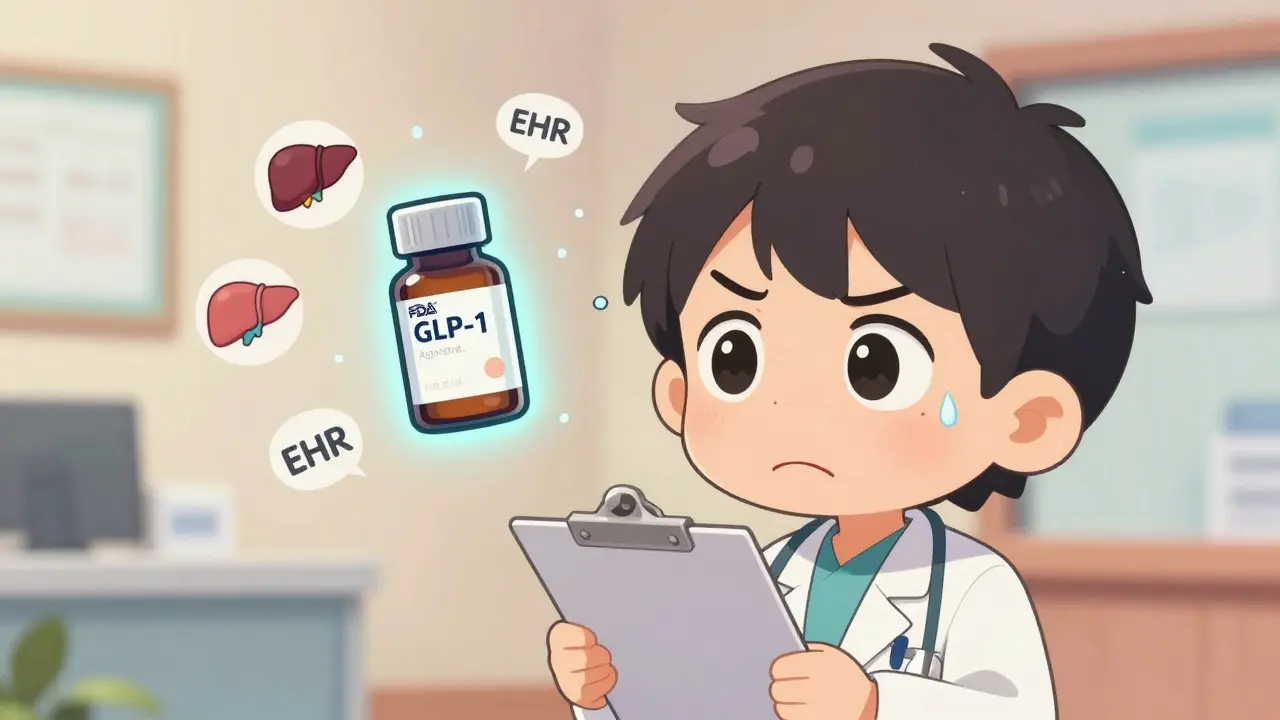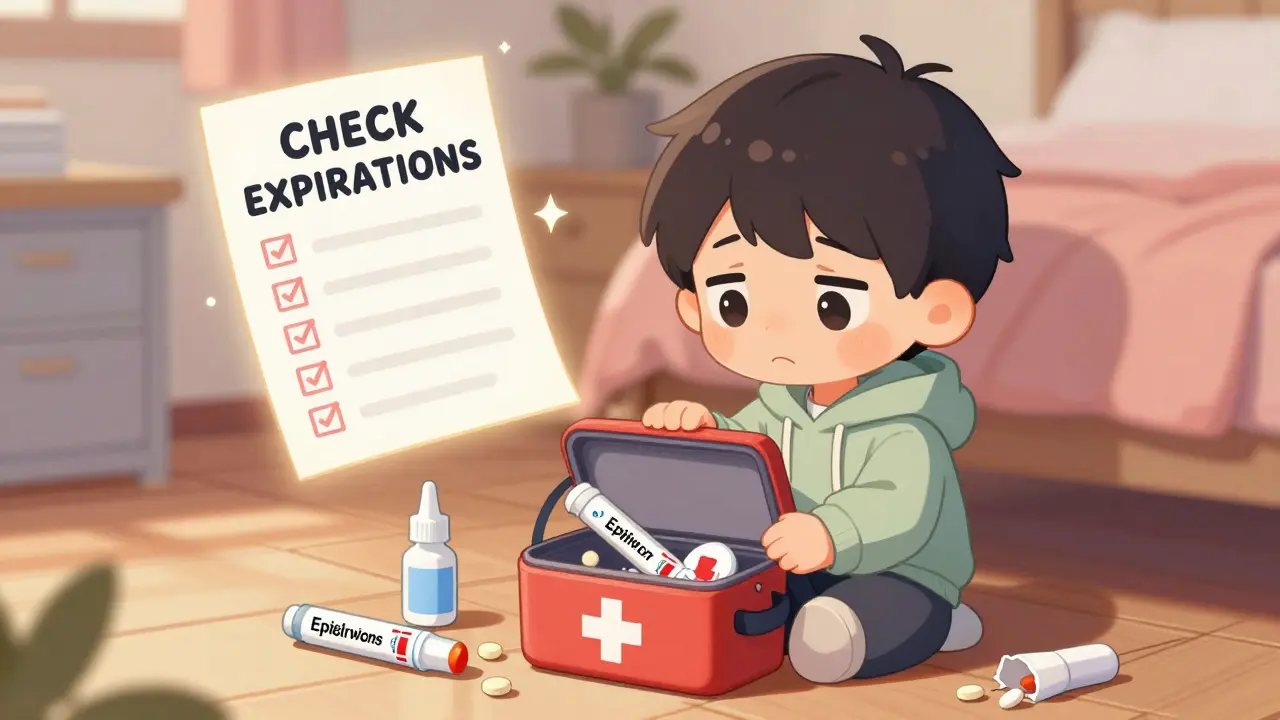Glucocorticoid Withdrawal: Symptoms, Risks, and How to Manage It Safely
When you stop taking glucocorticoid, a type of synthetic steroid used to reduce inflammation and suppress the immune system. Also known as corticosteroids, it works by mimicking cortisol, your body’s natural stress hormone. But if you’ve been on it for weeks or months, your adrenal glands forget how to make their own cortisol. Stopping suddenly doesn’t just make you feel bad—it can be dangerous. That’s glucocorticoid withdrawal, and it’s more common than most people realize.
Glucocorticoid withdrawal isn’t just about feeling tired. It’s your body screaming because it’s been relying on a drug to handle stress, and now the gas tank is empty. Symptoms like fatigue, joint pain, nausea, low blood pressure, and even fainting aren’t "in your head"—they’re signs your adrenal glands haven’t woken up yet. This is especially risky if you’ve been on doses above 7.5 mg of prednisone daily for more than three weeks. The longer you’ve been on steroids, the slower your body needs to come off. Rushing it can trigger adrenal crisis, a life-threatening drop in cortisol that needs emergency treatment.
Managing this isn’t about willpower—it’s about science. A slow, doctor-supervised taper, a gradual reduction in steroid dose over weeks or months gives your adrenals time to restart. Some people need to drop by 1 mg every few weeks; others need to stall at low doses for months. Blood tests for cortisol and ACTH help guide the pace. Even after stopping, it can take up to a year for full adrenal recovery. And don’t assume you’re safe just because you feel okay—stress, illness, or surgery can trigger a crash if your body still can’t produce enough cortisol.
What you’ll find below are real, practical posts that cover exactly how this plays out in practice. From how corticosteroids, the class of drugs that includes prednisone, hydrocortisone, and dexamethasone weaken bones over time to how fluoroquinolone antibiotics and steroids together raise the risk of tendon rupture, these posts connect the dots between long-term use and what happens when you stop. You’ll see how pharmacists catch dangerous patterns in refills, how patients manage side effects like muscle loss and mood swings, and why skipping a dose can send you to the ER. This isn’t theory—it’s what people actually experience. And if you’re coming off steroids, you need to know this stuff before you walk out of the doctor’s office.
